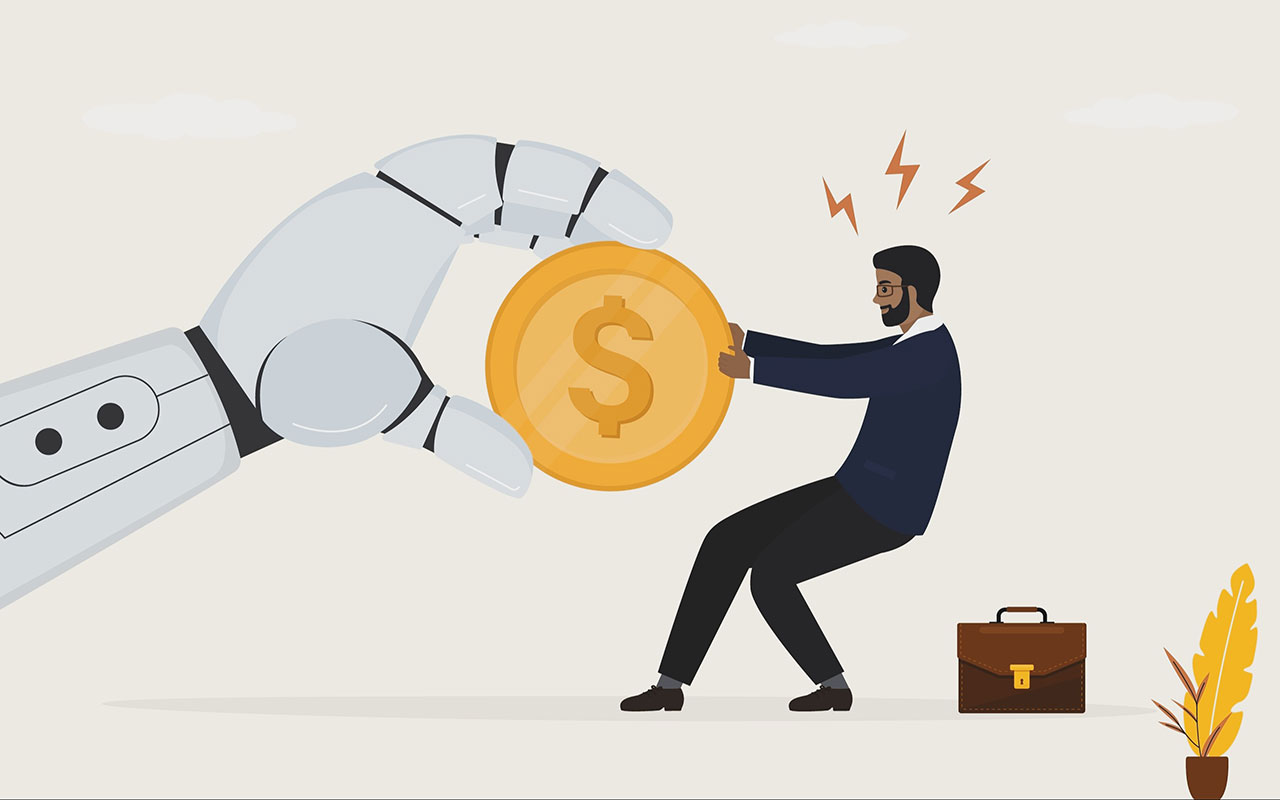Summary
How surveillance pay practices work, where they are increasingly deployed in the U.S. economy, and policy recommendations to ensure pay fairness and transparenc…
Source: equitablegrowth.org

AI News Q&A (Free Content)
Q1: What are surveillance pay practices and how do they affect wage fairness in the U.S. economy?
A1: Surveillance pay practices involve the use of AI technologies to monitor and manage employees' productivity and performance, often leading to wage disparities. These practices are increasingly deployed across various sectors in the U.S. economy, particularly in platform-based labor markets like ridesharing and freelancing. The lack of transparency and algorithmic opacity in these systems often results in unfair wage distribution, discrimination, and other ethical concerns.
Q2: How do data collectives aim to address the challenges posed by surveillance pay practices?
A2: Data collectives are being considered as a strategy to tackle the issues brought by surveillance pay practices. These collectives aim to enhance data transparency, ensure platform accountability, and empower worker voices by creating sustainable data infrastructures. They address critical issues such as worker surveillance, wage theft, and insufficient accountability, thereby informing policy development and promoting fair labor practices.
Q3: What role does minimum wage play in influencing AI's judgement of wage fairness?
A3: Minimum wage serves as an anchor in AI's judgement of wage fairness. Studies show that both human and AI perceptions of what constitutes a fair wage are influenced by the stated minimum wage. When AI and humans were prompted with a minimum wage, their perceptions of fair wages tended to align with it. However, unrealistically high minimum wages could cause discrepancies, indicating the complex dynamics between wage anchoring and perceived fairness.
Q4: How does AI development impact employment and wages in the U.S.?
A4: AI development impacts employment and wages through two channels: automation and augmentation. Automation AI tends to reduce employment and wages in low-skilled occupations by replacing human labor. In contrast, augmentation AI enhances productivity and raises wages in high-skilled jobs, fostering the emergence of new work. This dual impact contributes to rising wage inequality across different skill levels.
Q5: What are the policy recommendations to ensure pay fairness and transparency in AI-driven workplaces?
A5: Policy recommendations to ensure pay fairness in AI-driven workplaces include enhancing transparency in algorithmic decision-making, implementing robust data protection laws, and promoting worker data collectives. These measures aim to hold platforms accountable, protect worker rights, and ensure equitable wage distribution. Policymakers are encouraged to enforce regulations that mandate clear data disclosure and fair labor practices.
Q6: In what ways have AI technologies reshaped task content and occupational exposure in the labor market?
A6: AI technologies have reshaped task content by automating repetitive tasks and augmenting complex ones, leading to changes in occupational exposure. Low-skilled jobs face higher risk of automation, resulting in reduced employment opportunities and wages. Conversely, high-skilled jobs benefit from AI augmentation, which enhances productivity and creates new job titles, thus altering the labor market dynamics significantly.
Q7: What are the ethical concerns related to AI surveillance in the workplace?
A7: Ethical concerns related to AI surveillance in the workplace include privacy violations, discrimination, and lack of consent. AI systems often operate with little transparency, which can lead to biased decision-making and unfair treatment of employees. There is growing concern over the use of surveillance data to monitor employee performance without their knowledge, raising questions about worker autonomy and rights.
References:
- AI safety
- Clearview AI
- Data Collectives as a means to Improve Accountability, Combat Surveillance and Reduce Inequalities
- Augmenting or Automating Labor? The Effect of AI Development on New Work, Employment, and Wages
- The Minimum Wage as an Anchor: Effects on Determinations of Fairness by Humans and AI





